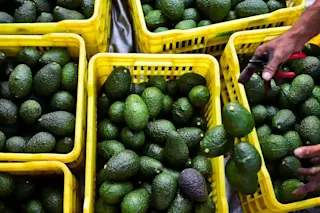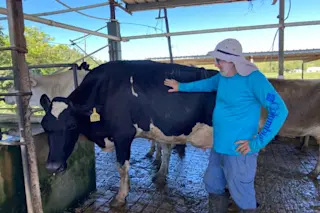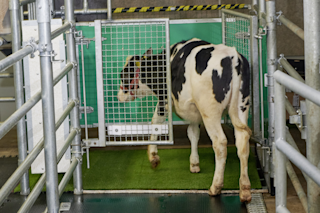ABC Carpet & Home, for the uninitiated, is a sumptuous home furnishings mecca with a chic interior and socially conscious ethic. The flagship store in Manhattan's Flatiron district feels like a plush museum owned by a billionaire with a New Age affectation.
Reproduced antiques, decorative trinkets, candles, ethnic-themed clothing, Buddhist ornaments and much more are arrayed stylishly across six floors of a century-old building. The offerings are beyond the means of most browsers, but as one helpfully points out
, you can snag the $500 vintage peasant blouse much cheaper on Ebay or Etsy. The cavernous store is a masterful mix of hedonistic pleasures to ogle. "I can’t afford to buy a darn thing at ABC Carpet except for spiffy soaps, but I sure do love trolling the floors here, as the goods on offer are simply exquisite," writes Pauline Frommer in her review
. Even the display windows are ...













